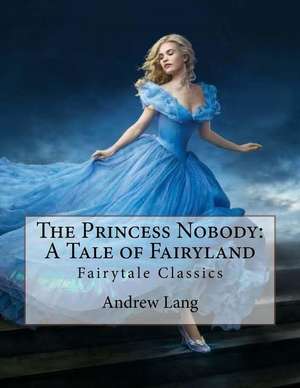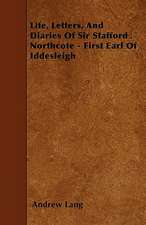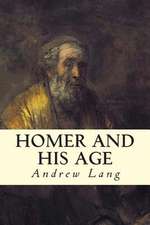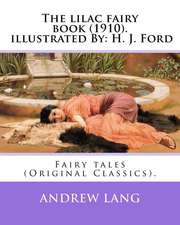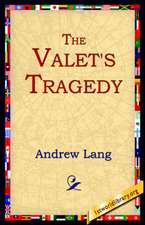The Princess Nobody
Autor Andrew Lang Ilustrat de Richard Doyleen Limba Engleză Paperback
| Toate formatele și edițiile | Preț | Express |
|---|---|---|
| Paperback (3) | 59.26 lei 3-5 săpt. | |
| – | 59.26 lei 3-5 săpt. | |
| Kessinger Publishing – 29 ian 2010 | 104.67 lei 38-44 zile | |
| – | 132.38 lei 6-8 săpt. |
Preț: 59.26 lei
Nou
Puncte Express: 89
Preț estimativ în valută:
11.34€ • 12.36$ • 9.56£
11.34€ • 12.36$ • 9.56£
Carte disponibilă
Livrare economică 02-16 aprilie
Preluare comenzi: 021 569.72.76
Specificații
ISBN-13: 9781535267137
ISBN-10: 1535267135
Pagini: 48
Dimensiuni: 216 x 280 x 3 mm
Greutate: 0.14 kg
ISBN-10: 1535267135
Pagini: 48
Dimensiuni: 216 x 280 x 3 mm
Greutate: 0.14 kg
Notă biografică
Andrew Lang (1844 - 1912) was a Scottish poet, novelist, literary critic and contributor to the field of anthropology. He is best known as a collector of folk and fairy tales. The Andrew Lang lectures at the University of St Andrews are named after him. Lang is now chiefly known for his publications on folklore, mythology and religion. The interest in folklore was from early life; he read John Ferguson McLennan before coming to Oxford, and then was influenced by E. B. Tylor. The earliest of his publications is Custom and Myth (1884). In Myth, Ritual and Religion (1887) he explained the "irrational" elements of mythology as survivals from more primitive forms. Lang's Making of Religion was heavily influenced by the 18th century idea of the "noble savage": in it, he maintained the existence of high spiritual ideas among so-called "savage" races, drawing parallels with the contemporary interest in occult phenomena in England. His Blue Fairy Book (1889) was a beautifully produced and illustrated edition of fairy tales that has become a classic. This was followed by many other collections of fairy tales, collectively known as Andrew Lang's Fairy Books. In the preface of the Lilac Fairy Book he credits his wife with translating and transcribing most of the stories in the collections. Lang examined the origins of totemism in Social Origins (1903).
